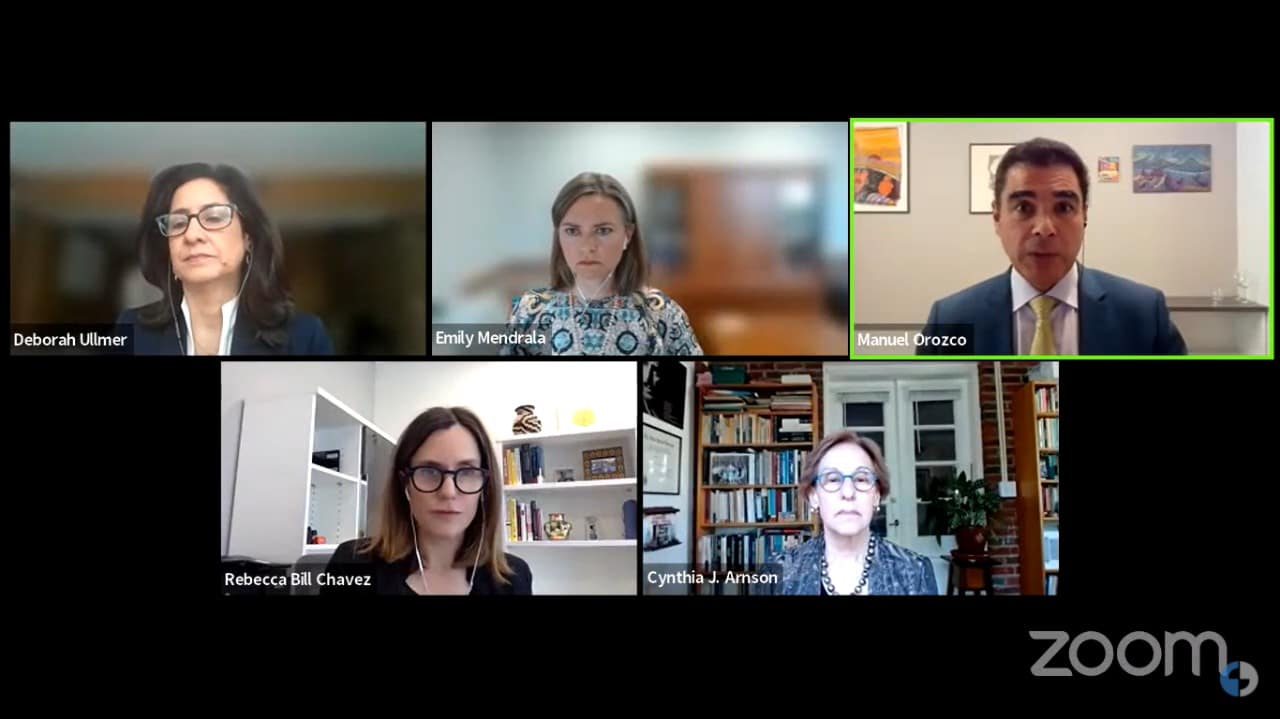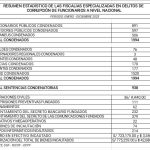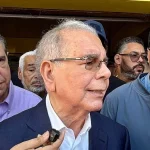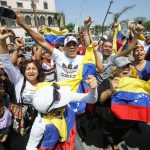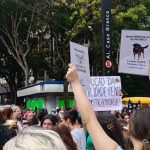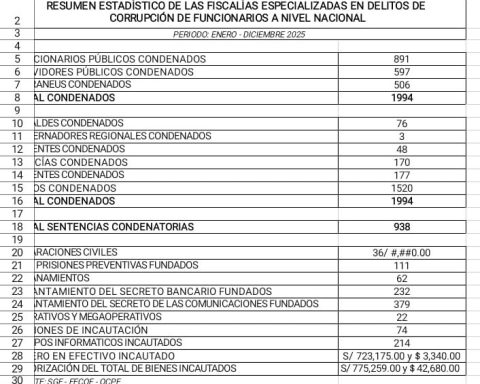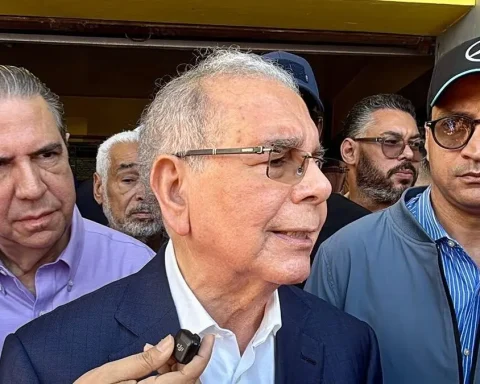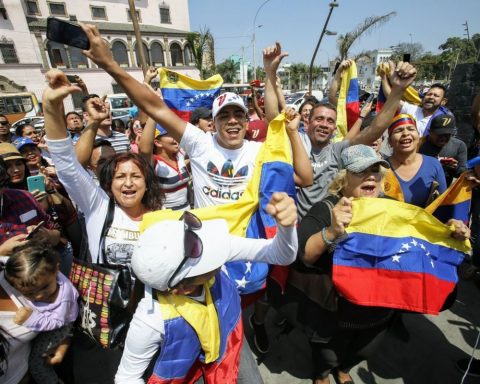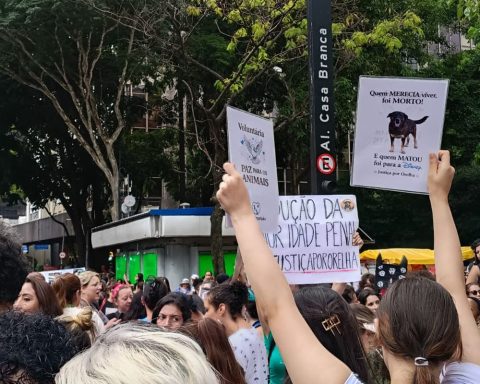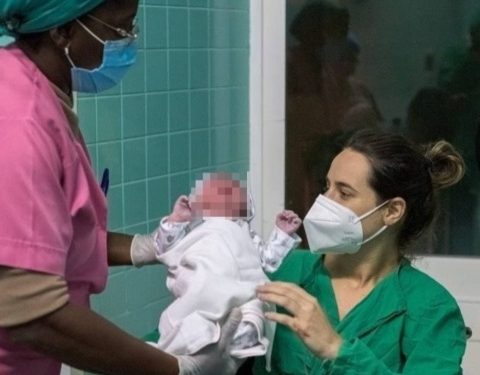A strategy of more constant diplomatic and financial pressure and, above all, making use of many more tools than individual sanctions, in addition to empowering the opposition leadership in the country, are part of the recommendations that the political scientist Manuel Orozco makes to counteract what he calls the “extortive policy” of the Ortega regime in its desperate efforts to be recognized as a legitimate government with full rights.
Orozco, director of the Migration, Remittances and Development program of the renowned Inter-American Dialogue think tank, produced a report for this instance in which he analyzes the impunity with which the regime of Daniel Ortega and Rosario Murillo operates and presents his recommendations so that the international pressure is more effective to support an eventual opening towards democracy in Nicaragua.
The conclusions of this report were presented and debated in a virtual conference organized by the Inter-American Dialogue called in English A Push for Freedom: Ensuring a Democratic Transition in Nicaragua Through International Pressure in which Emily Mendrala, deputy assistant secretary of the Bureau of Western Hemisphere Affairs of the United States Department of State, Debora Ullmer, regional director for Latin America of the National Democratic Institute and Cynthia J. Arnson, member of the distinguished Woodrow think tank Wilson Center and specialist in Central American issues.
The debate was moderated by Rebecca Bill Chavez, president of the Inter-American Dialogue, and Orozco also participated. In the report, the political scientist highlights six keys to improving the effectiveness of the pressure from the international community in the search for a political opening by the Ortega regime that will lead the country to the return of democracy.
These keys are:
- It is vital that the United States and the international community recognize the existence and legitimacy of key opposition leaders who are engaging the political environment and building their own strength, despite repression.
- The Law Reborn It contains economic tools, including the option to apply revisions to the Free Trade Agreement with Central America, to increase pressure on Nicaragua, although its application and implementation have been slow.
- Nicaragua needs to have a diplomatic roadmap that includes engagement bilaterally, multilaterally, regionally, and with the organized Nicaraguan diaspora.
- The United States can use its policies to boost the morale of Nicaraguans by being a mouthpiece to the international community and continuing to make visible the international condemnation of human rights violations, the illegitimacy of elections, and the political and morally indefensible actions of the regime. .
- The United States can include Nicaragua as part of the regional strategy of the intrinsic causes of migration and have a humanitarian approach towards Nicaraguans who migrate to Costa Rica and Panama.
- People in the power circle of Ortega are aware that the costs of staying with the regime and with a leader whose useful life could be less than two years are very high. Provide sufficient incentives to withdraw from the regime, while continuing the sanctions and visa denials to the circle of power, it is an effective combination of tools that could generate a real fracture within the regime
Orozco pointed out that the regime is betting on the military imbalance that is taking place in the region, the political pressure in the United States due to the migratory wave that impacts its borders and the use of political prisoners as “exchange chips” to force the community international to recognize and legitimize it as a full government.
The political scientist warned in an interview on the program This week on Sunday May 8 that Nicaragua has bought arms, mainly from Russia, in the last ten years, with a value similar to that of arms imports from the rest of Central America, especially Honduras, El Salvador and Guatemala, which would be generating an imbalance military in the region.
Orozco: “Not giving recognition in exchange for extortion”
“The international community has to be clear that it cannot provide recognition in exchange for extortion. Continuous pressure must be maintained, including regional actions such as the suspension in the OAS and the revision of the clauses in agreements such as Cafta and the Association Agreement between Central America and the European Union”, he pointed out.
“In the agreements with regional financial institutions, there are clauses referring to issues such as money laundering, financial crimes, corruption and respect for human rights that Nicaragua has basically failed to comply with,” he added during his speech.
Even when Orozco referred to the current panorama of the sociopolitical crisis, he stated that the “(Nicaraguan) population is so demoralized that they are afraid to even use a computer,” alluding to the persecution imposed by the regime through repressive instruments such as the Cybercrime Law.
The US calls on the international community to join forces
Emily Mendrala, deputy assistant secretary of the Office of Western Hemisphere Affairs of the United States Department of State, explained the measures taken by the North American country to pressure the regime, including individual sanctions on regime officials, visa restrictions and resolutions promoted in the within the OAS and the United Nations.
He stated that the administration of US President Joe Biden will continue betting on all the political and diplomatic tools at its disposal to maintain pressure on the Ortega regime.
“We call on the Daniel Ortega regime to immediately release the political prisoners unjustly imprisoned for denouncing the abuses in Nicaragua and the international community to join our efforts so that Nicaragua can aspire to elect its leaders through free and fair elections. and to recover respect for their fundamental freedoms,” said Mendrala.
Nicaragua, the most unstable country in the region
Debora Ullmer, regional director for Latin America of the National Democratic Institute, stated that “Nicaragua is the country with the greatest political destabilization in the Central American region” and advocated greater speed for the United States and the international community to carry out pressure measures against Nicaragua. of the regime.
“It must be accelerated and more must be done to ensure that the United States Government has a clear and consistent policy to participate effectively in multilateral efforts to facilitate a peaceful democratic transition in Nicaragua,” insisted Ullmer.
Cynthia J. Arnson, of the Woodrow Wilson Center, said she agreed with the six key proposals outlined by Orozco to push international pressure, but disagreed that the United States should lead the initiative against the regime.
“I preferred the approach of the Central American leaders, than having to bet on a solution made in the United States. I would particularly observe the role that this alliance for democracy and democracy created by Costa Rica, Panama and the Dominican Republic, which could function as potential intermediaries”, he pointed out.
